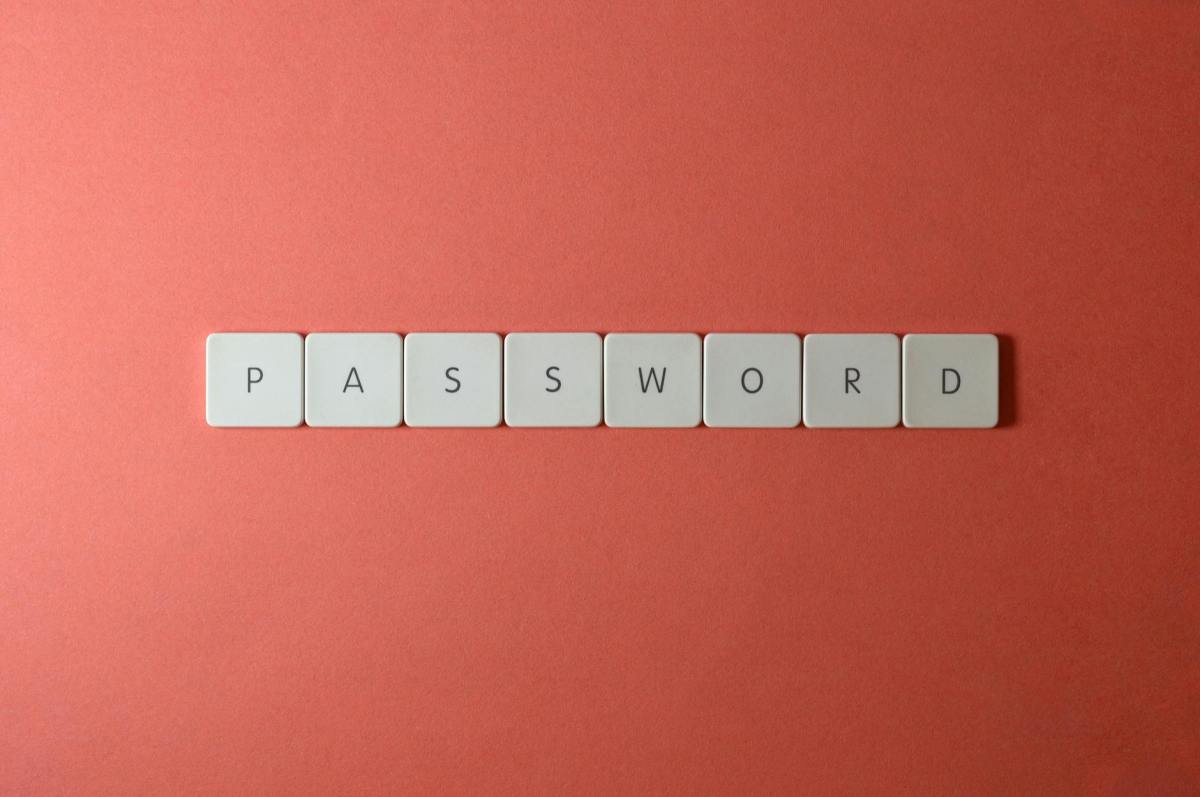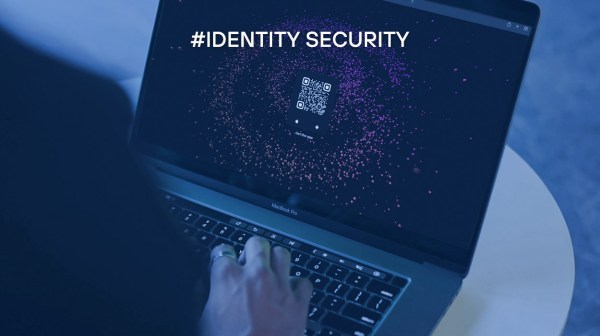World Password Day is celebrated on the first Thursday of May. It is a day to remember the importance of secure passwords and to avoid the possible theft of personal information.
Origin of World Password Day
The origin of this day goes back to the 2005 book Perfect Passwords by security researcher Mark Burnett, in which he encouraged people to establish a high level of security in both the choice and subsequent use of passwords and proposed setting a commemorative day to raise awareness of this issue.
Years later, in 2013, Intel Security was inspired by this idea and took the initiative to declare every first Thursday in May as World Password Day.
How to create and manage secure passwords
Why is it so important to have secure and strong passwords for our digital services? Extrapolated to the physical world, not doing so would be like locking your front door but leaving it unlocked.
In order to achieve secure passwords, here are some tips:
- Do not use passwords created according to the order of the keyboard, no matter how easy they are to remember. It is indeed easy to remember “123456” or “qwerty” but they are also too obvious.
- Change them frequently. One suggestion is to change them on a quarterly basis, so that over the course of a year you will have changed your password four times.
- Avoid repeating the same password for different services, as if someone guessed it they could access more than one different place.
- It is recommended that the length of the password be longer than 10 characters, as the more characters, the more difficult it will be for cybercriminals to crack the password.
- Combine numbers, letters (and within these, alternate uppercase and lowercase letters) and even special symbols. A tip for these alphanumeric passwords is to replace letters with numbers that resemble them, such as 3 with the letter E, 4 with the letter A, 1 with the letter I or 0 with the letter O.
- Discard the use of personal data that may be easily accessible or obvious, such as dates of birth, ID number or your address. Other personal information that is neither obvious nor accessible to other people due to its more or less public nature may be a good alternative.
- Finally, and although it may seem obvious, avoid writing down passwords on paper so that they do not fall into the hands of other people. Following the same logic, it is not recommended to proactively share them with anyone, not even people in our closest environment such as friends or family.
Password manager and two-step verification
In the decalogue of recommendations for safer Internet use drawn up by our colleagues at Telefónica Tech, the section on strong passwords that avoid typical solutions (including the recommendations we have reviewed above) also includes the idea of using both a password manager and two-step verification systems.
Conclusion
Keeping our information safe is paramount, which is why it is so important to develop proper password management.
Although it may seem repetitive or boring, the benefits of having strong and secure passwords clearly outweigh the possible consequences of poor password management.







